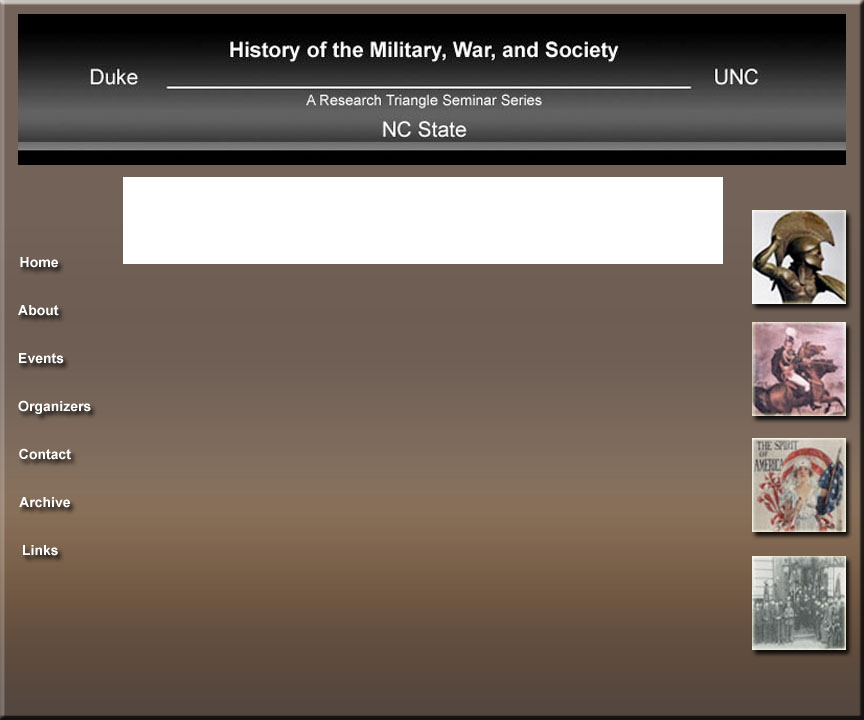
|
April 10, 2009 Isabel V. Hull (Cornell University) Imperial Germany and International Law in the Great War, 1914-1918 Ninety years after the end of World War I we have largely forgotten how central international law was to the contemporaries, both regarding how the war was actually fought and what peoples and nations thought they were fighting for. This talk is based on a research project comparing Germany, Britain, and France and their decisions on how to fight the war. After a brief summary of the peculiarities of international law, it examines why law was so important during the Great War and then focuses on Imperial Germany, which the Allies successfully branded as an outlaw. Was Germany really so distant from the rest of the European world in its understanding of the laws of war? The keeper of the laws inside the government was the Foreign Office. How successful was it in pressuring military leaders to conduct the war according to the Hague Rules? When did it bow to claims of military necessity and why? Isabel V. Hull is the John Stambaugh Professor of History and the former chair of the history de-partment at Cornell University. She specializes in German history from 1700 to 1945, with a focus on socio-politics, political theory, and gender/sexuality. Since January 2006, Hull has served on the Editorial Board of the Journal of Modern History. Her most recent books are: Absolute Destruction: Military Culture and the Practices of War in Imperial Germany (2005); The Entourage of Kaiser Wilhelm II, 1888-1918 (2004); Sexuality, State, and Civil Society in Germany, 1700-1815 (1996). Reading Seminar • Discussion of her Book: Absolute Destruction: Military Culture and the Practices of War in Imperial Germany (Ithaca: Cornell University Press, 2005) Co-sponsored by the Triangle Institute for Security Studies and the |